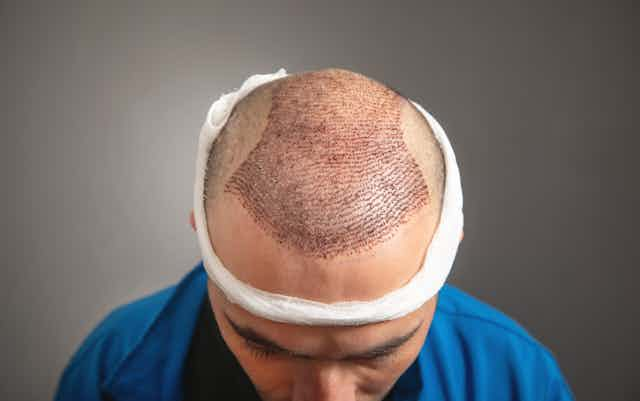Hair transplantation is one of the most effective ways to restore natural hair growth, but it’s not suitable for everyone. Whether you're experiencing early signs of thinning or more advanced hair loss, it's important to understand if you're a strong candidate before committing to the procedure. In the center of the first paragraph, it’s worth emphasizing that Hair Transplant in Dubai clinics often begin with detailed evaluations to determine eligibility, ensuring each patient receives the right solution based on their unique needs and goals.
So, who qualifies as a good candidate for hair transplant surgery? The answer lies in several key factors, including the type and cause of hair loss, the condition of the donor area, and overall health.
Signs You Might Be a Good Candidate
If you’re exploring a hair transplant, here are some signs that you may be well-suited for the procedure:
You have permanent hair loss.
Ideal candidates experience pattern baldness or localized hair loss rather than temporary shedding.

You have a stable donor area.
Healthy follicles from the back or sides of the scalp are essential for a successful transplant.
You’re in good general health.
Conditions like uncontrolled diabetes or autoimmune diseases may impact healing or hair growth.
Your hair loss pattern has stabilized.
Transplants work best when hair loss is not rapidly progressing, ensuring long-term natural results.
You have realistic expectations.
Understanding the possibilities and limits of the procedure is key to satisfaction.
Common Hair Loss Conditions Suitable for Transplant
Hair transplant surgery is typically effective for these conditions:
Male pattern baldness (androgenetic alopecia)
Female pattern hair loss
Receding hairlines or bald spots on the crown
Hair loss from trauma, burns, or scarring
Eyebrow, beard, or mustache reconstruction
Traction alopecia from tight hairstyles
Those suffering from alopecia areata or diffuse thinning caused by systemic illness may need further medical evaluation before proceeding.
The Role of a Thorough Consultation
Before approving a candidate for surgery, hair transplant specialists conduct a full consultation, which includes:
Scalp examination
Hair density analysis
Discussion of goals and expectations
Review of medical history and lifestyle
This step is critical in designing a safe and customized approach to ensure long-term success.
Why Personalized Treatment Is Key
Each patient’s hairline, facial structure, and hair growth pattern are different. A successful hair transplant is more than just replacing hair—it's about artistry, precision, and balance. The most natural outcomes come from understanding how to blend new grafts with existing hair and how to plan for potential future loss.
Why Dubai Is a Top Destination for Hair Restoration
The rise of Hair Transplant Dubai services is no coincidence. The city is known for its world-class medical facilities, personalized care, and access to the latest techniques. Candidates from around the globe travel here for skilled treatment and long-term hair restoration results.
Final Thoughts
Hair transplant surgery is a powerful solution, but it's not one-size-fits-all. The best results come when the right candidate receives the right procedure at the right time. If you’re experiencing hair loss and considering this option, the first step is a personalized consultation to determine your suitability. With the right planning and expectations, a hair transplant can truly transform more than just your appearance—it can boost your confidence and sense of self.
